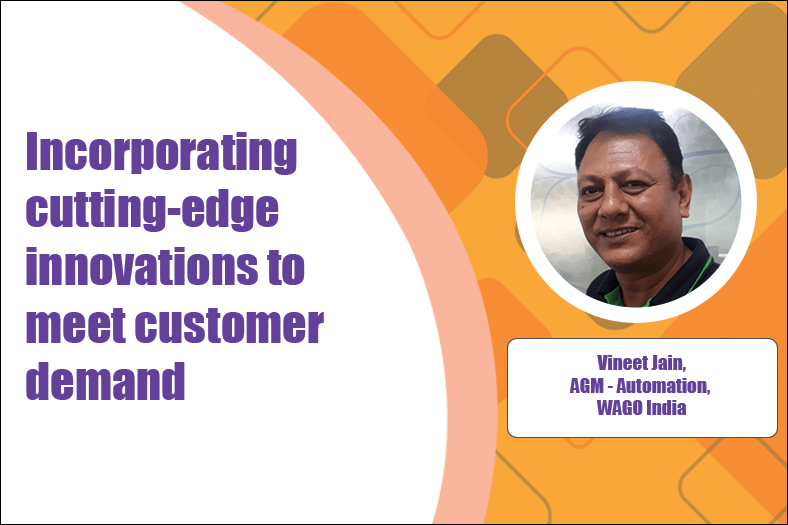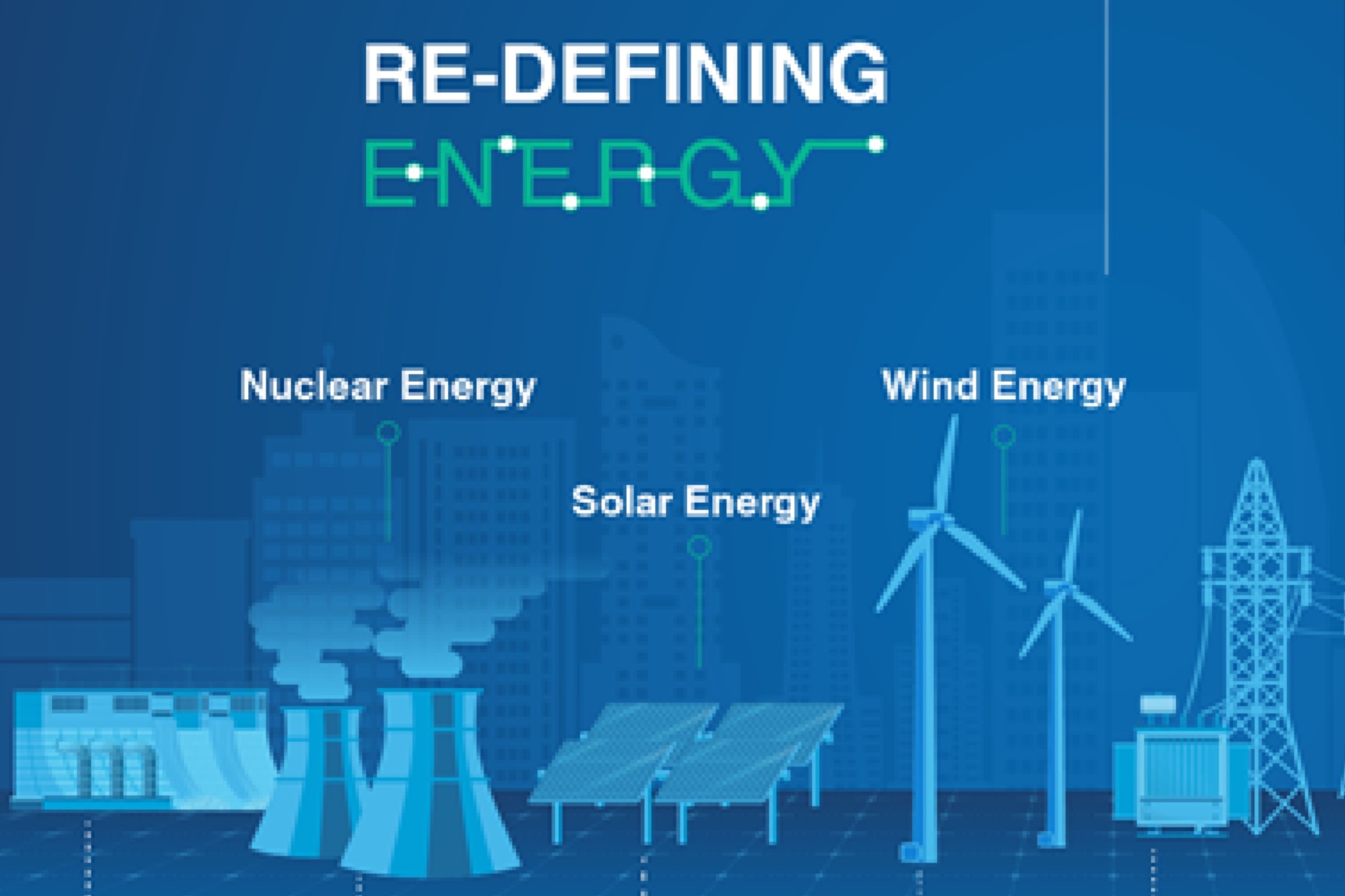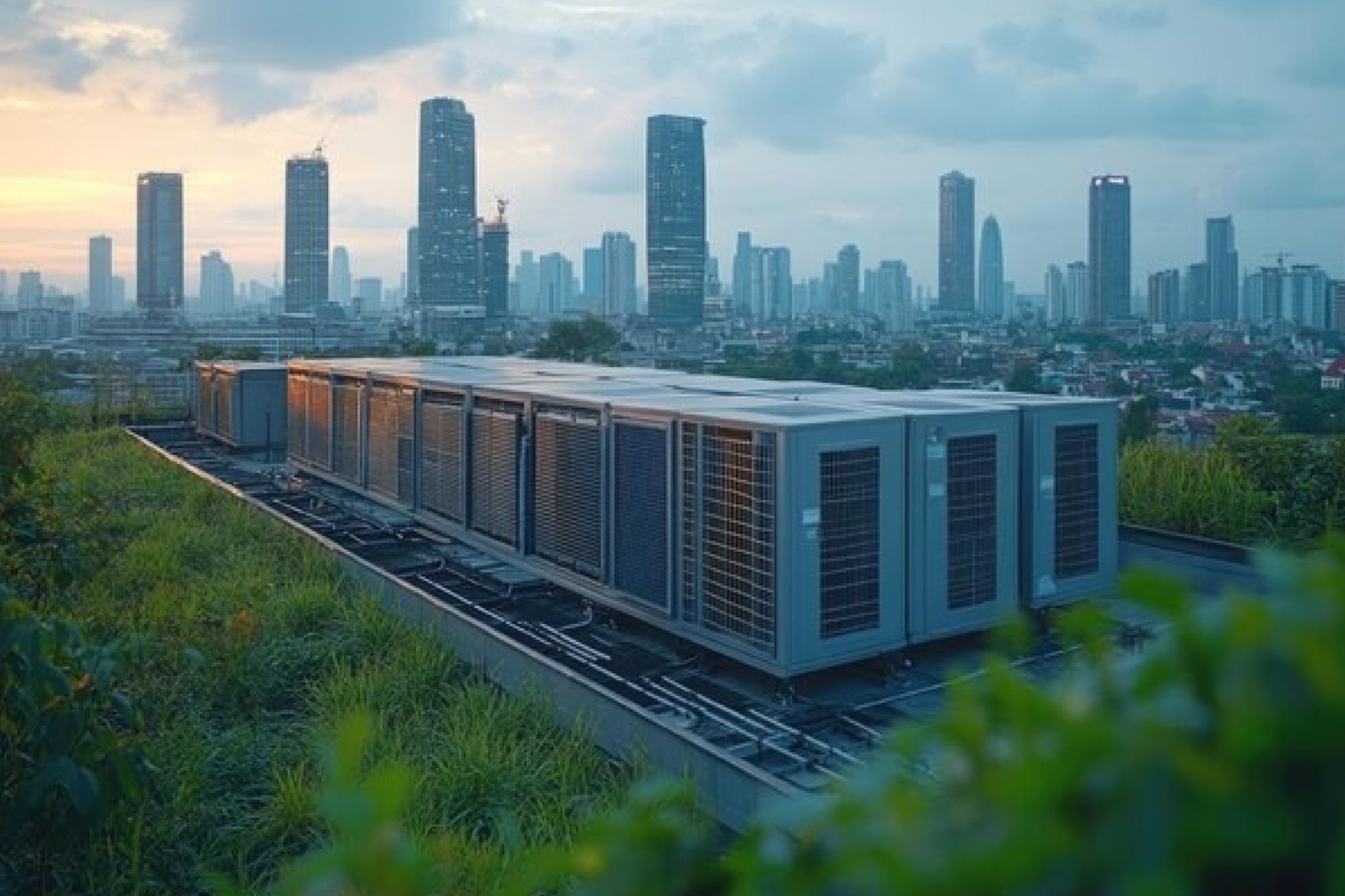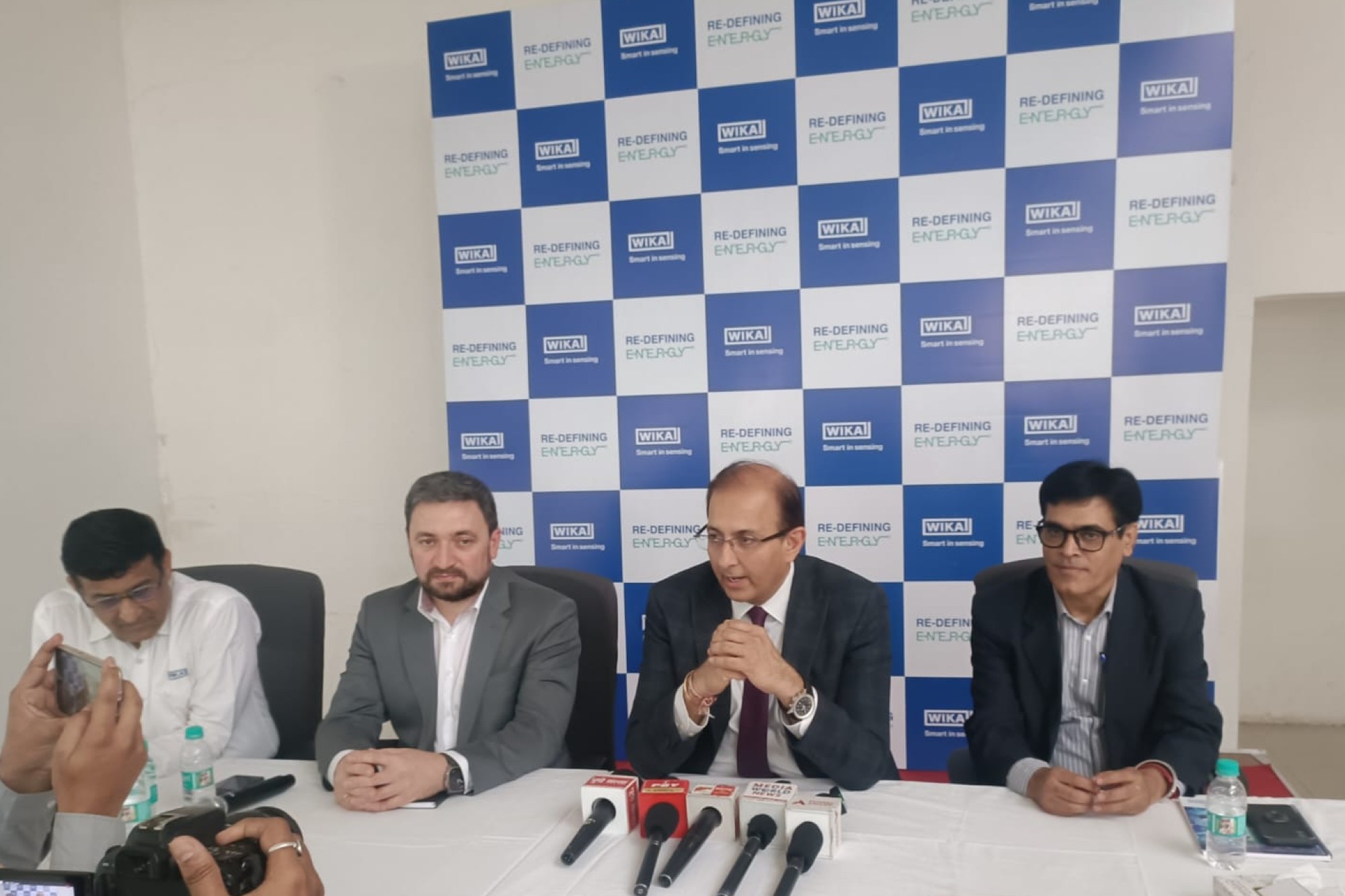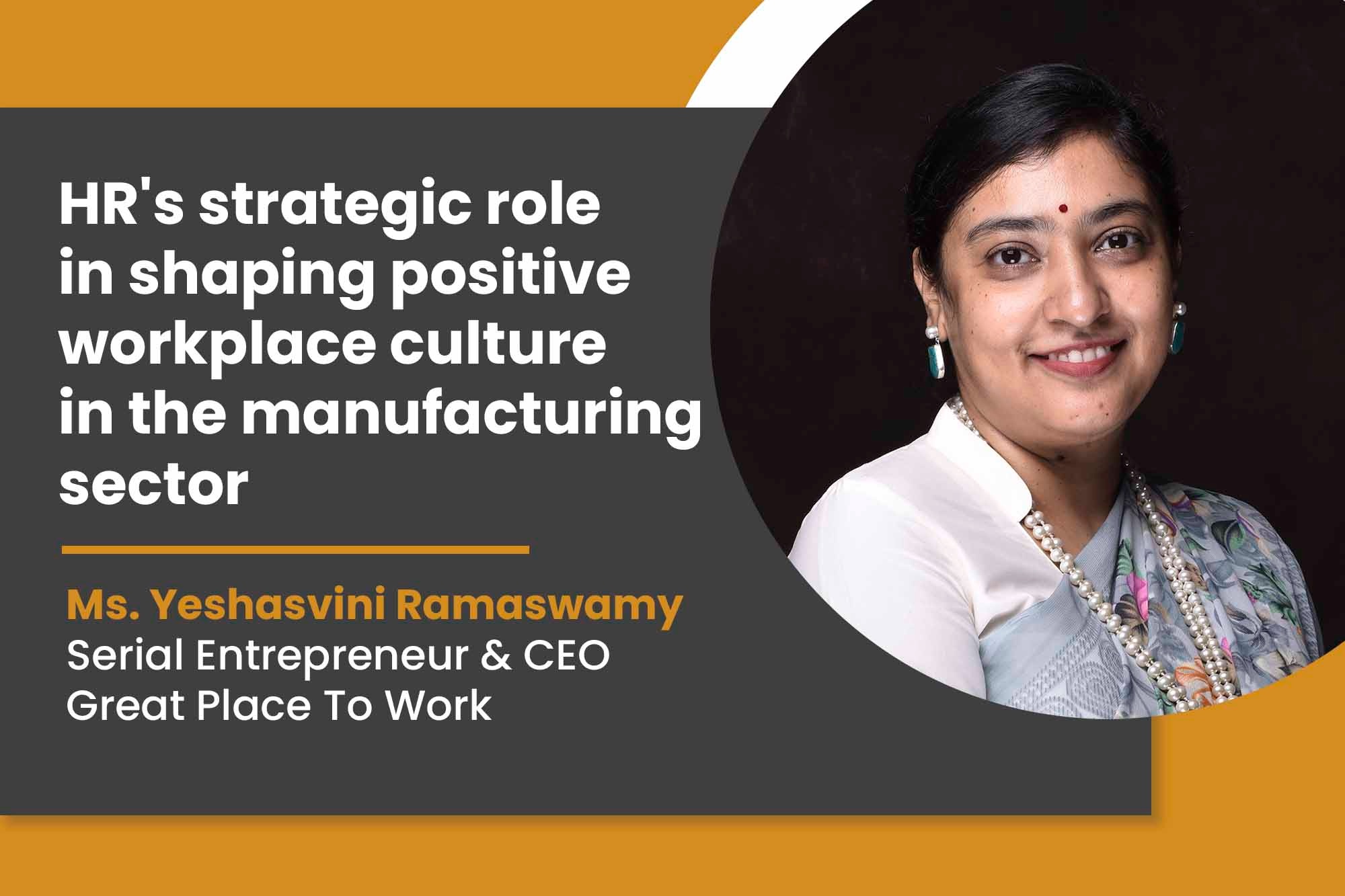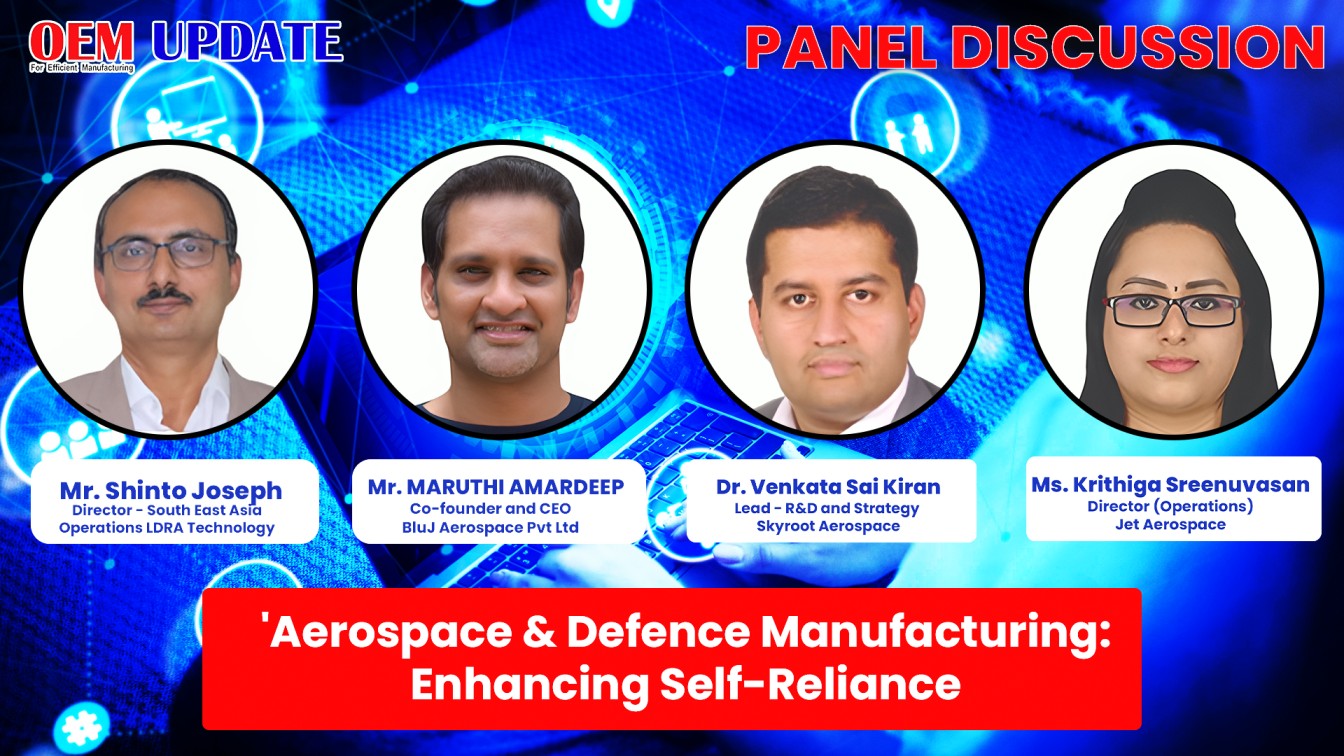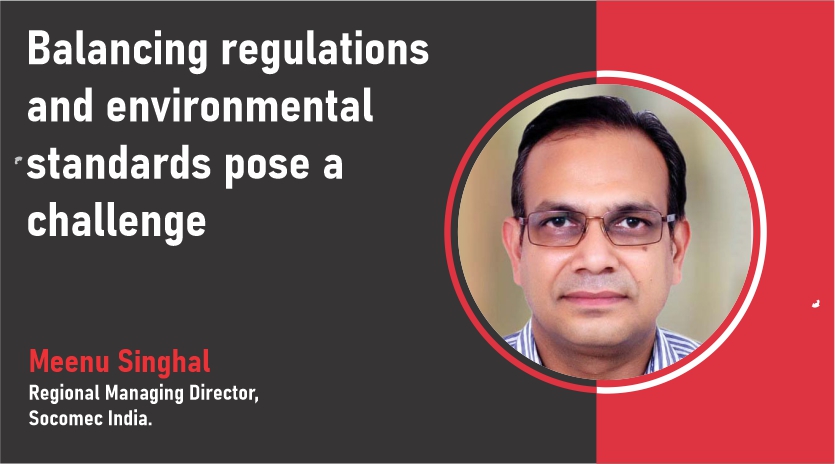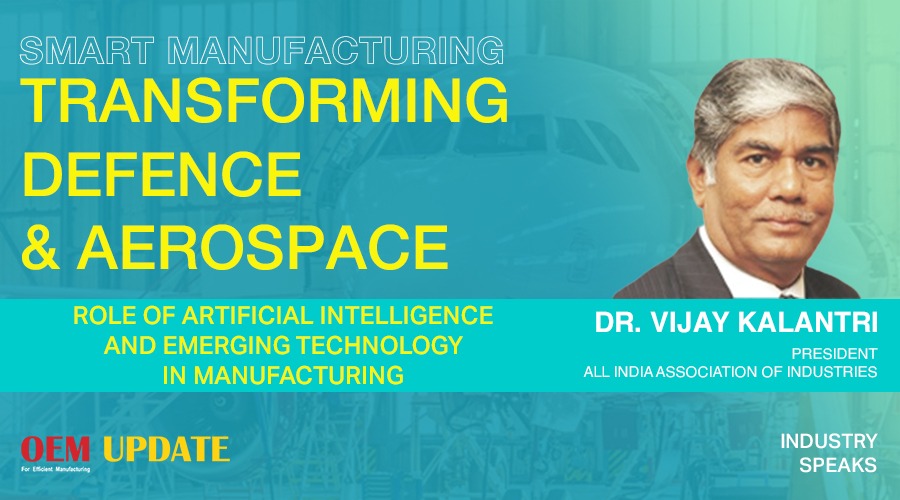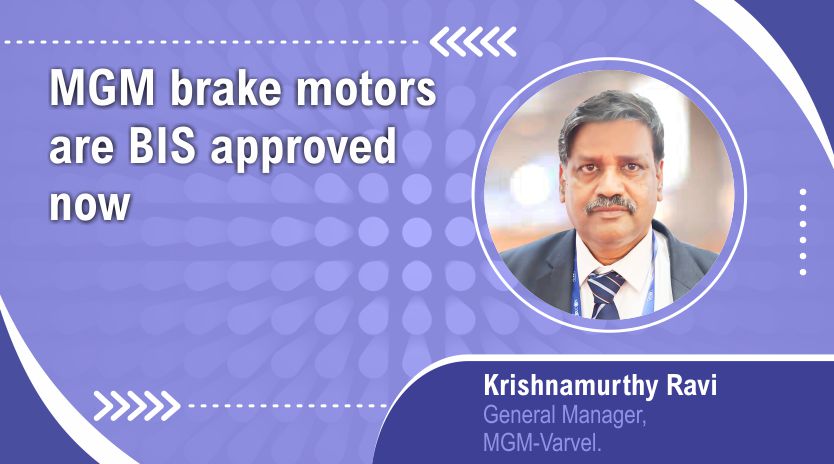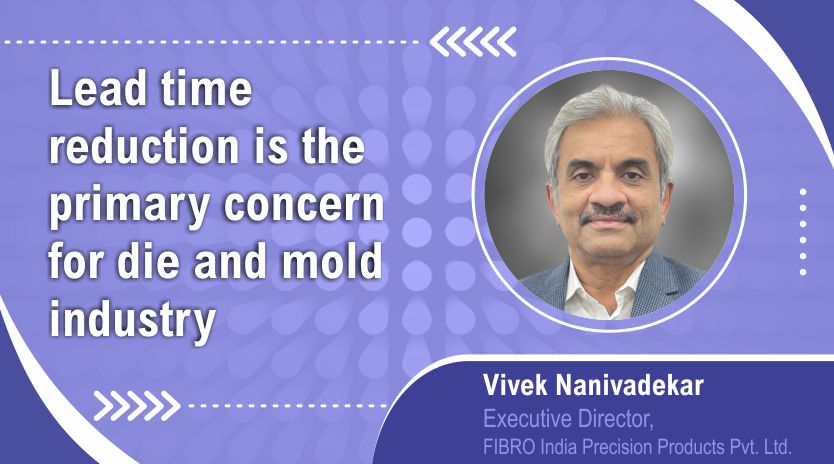Incorporating cutting-edge innovations to meet customer demand
By OEM Update Editorial June 12, 2021 4:46 pm IST
New-age technologies will provide greater control over the business environment and will contribute positively to design-to-delivery operations in markets that require customisation.
Indian industries have embraced Industry 4.0 and its technologies to carve a bright future of Indian industries. With this level of acceptance, how ready are we to accept Industry 5.0?
Industry 4.0 helped manufacturing industry in developing methods for integrating IT technologies into their production processes with an aim to improve efficiency and productivity. Concepts like big data, artificial intelligence, robotics, connected systems has paved way for industry to realise potential of data generated by their own machines and reap benefit from the flexibility of operations and controlling processes in real-time as per the requirement. It is evident now that companies with higher level of automation adoption have outgrown the ones still standing at the shore and figuring out a way to start or scale-up.
While the discussions on Industry 4.0 are on, we have an evolved version – Industry 5.0 knocking at the door. This new concept is more focused towards giving human touch to machine automation – customisation of product and service offerings with cobots. The first step to move towards Industry 5.0 will be ready availability of seamlessly connected systems in current processes. It’s nearly impossible to think of Industry 5.0 adoption without creation of requisite automation infrastructure.
Talking about the readiness of industry, as true for all technological evolutions, there will be skepticals, early adopters and late bloomers for Industry 5.0 too.
With the advent of 3D Printing, AI, robotics, connected data enterprise, what are the major areas where the industry witnessed transformations and business prospects?
As per the adoption trend, automobile industry has been one of the frontrunners in adopting new production and operation technologies. The industry has witnesses flexible product designing, quality realisation and manufacturing operations resulting in faster time-to-market. The connected data enterprise contributed to the simplification of complex information network and data availability. Artificial intelligence has also enabled maximum plant up-time through predictive analytics and maintenance. All the new-age technologies working together will provide greater control over business environment and contribute positively towards design-to-delivery operation for markets demanding customisation.
How is AI, automation, and robotics bridging the technology gap in the manufacturing, electronics and automotive industries?
What are the challenges in the automotive sector in adopting factory automation, digitization and robotics for efficient processes?One of the observed challenges is integration of disparate technologies to deploy just- right automation. With the overwhelming infusion of new-age technologies added to ever more dynamic business and operational environment and customer demands, it is becoming increasingly difficult for organizations to evaluate the right mix of automation tools. These decisions are capital intensive, time and effort consuming, specialised and require overhaul of existing processes. Challenges of keeping the power on while migrating legacy system to futuristic technologies PROCESS and adapting to new systems are creating a resistance in adoption.
Collaboration of humans and machines (robots and cobots) are expected to play a key role in carving the future of manufacturing. How do you see India’s future with Industry 5.0?
Industry 5.0 will hopefully herald a new paradigm in industrial operations where production plant will not only be a place for automated machines but also for creative humans. The future of manufacturing is personalized production. In India where most chunk of industry is informal and unorganized; Industry 5.0 will enable these small-scale businesses to combine small machines and robots with IIOT to produce handmade & customized product while ensuring high standards of precision and productivity.
On the other hand, Industry 5.0 will have it’s impact beyond direct manufacturing. For example, we have seen greatest ever personalization projects during the current pandemic. Digital global collaboration tools offering immersive experiences, powered by augmented reality (AR) and virtual reality (VR). These tools will gain enhanced adoption rate in manufacturing as well in very near future accelerating the industry towards Industry 5.0.
How is WAGO contributing to realigning the position of Indian Manufacturing in the global market?
WAGO provides all the data collection, software tools and interfaces needed for processes from electrical and mechanical planning to production of configured products. Whether it is control cabinet engineering, building planning or circuit board design, WAGO offers tailor-made solutions for unique requirements to expedite production processes.WAGO offers modular automation solutions that has rapidly gained dominance. With automation systems consisting of several standalone modules, operations become much more flexible and faster than they were with conventional systems designed from individual parts.
Just-right automation and interface electronic solutions enable organizations to speed-up their adoption process and faster realization of deployed technology resulting in quicker response to market requirements globally.
Cookie Consent
We use cookies to personalize your experience. By continuing to visit this website you agree to our Terms & Conditions, Privacy Policy and Cookie Policy.



